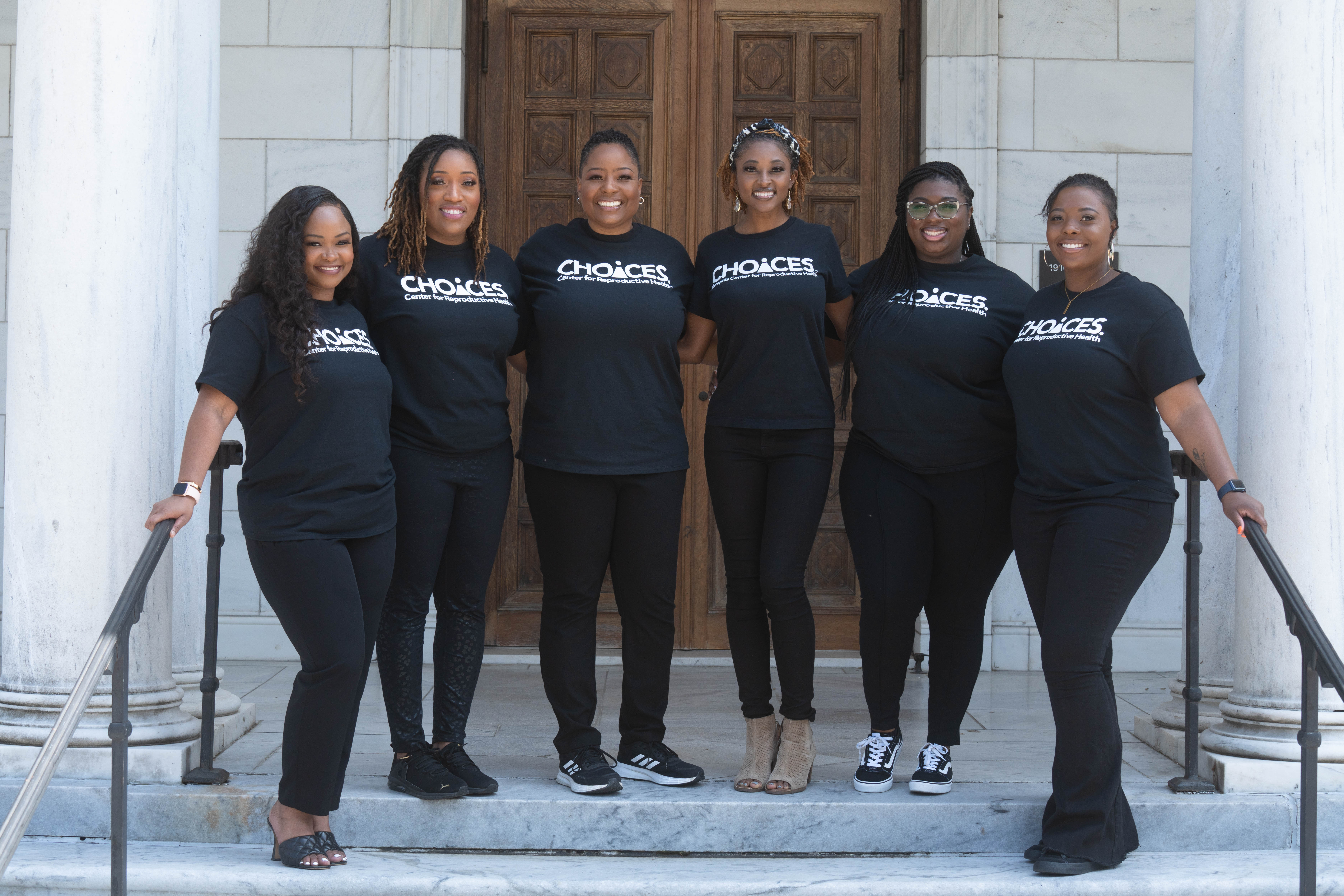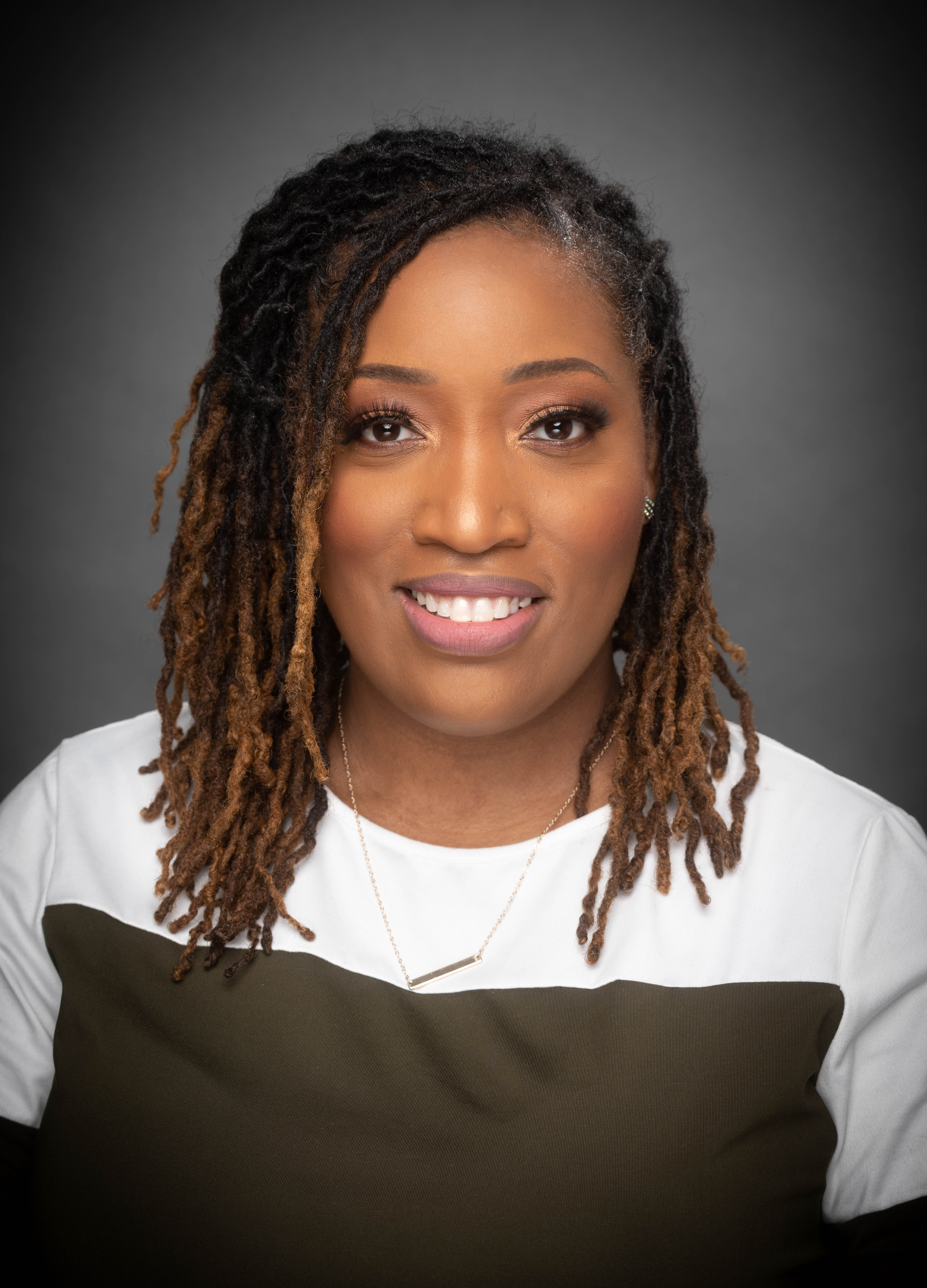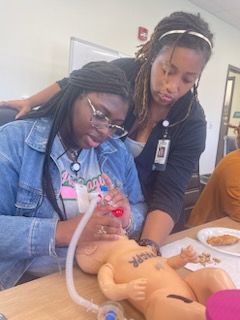
In the United States, the maternal and infant mortality rate has remained strikingly high, particularly when compared to other high-income countries. The vast majority (84%) of the approximately 700 annual maternal deaths per year are preventable according to the Centers for Disease Control. Black pregnancy-related mortality rates are three times higher than the white maternal mortality rate (41.4 vs. 13.7 per 100,000 live births). The National Partnership for Women & Families shed light on what is behind this disparity in their state-level Listening to Mothers in California survey finding that Black mothers were not receiving high-quality services, experienced discrimination during childbirth, experienced anxiety and depression during and after pregnancy, and had their needs ignored.
These findings are consistent with what is happening across the country and why there are services specifically working to provide Black mothers a space for culturally relevant and community-based reproductive healthcare and to help change the system. That kind of care can be provided by nurse-midwives such as those at CHOICES Center for Reproductive Health located in Memphis, Tennessee and Carbondale, Illinois and supported with research and data analysis by UC San Francisco’s Global Action in Nursing (GAIN) of which UCGHI Executive Director, Madhavi Dandu, MD, is the Education Advisor. As we celebrate Black History and Futures Month, we also celebrate the work organizations like CHOICES are doing to improve Black maternal health outcomes in the U.S. CHOICES demonstrates that culturally relevant, community-based, affordable, midwifery centric reproductive care is the key to improving Black maternal health.

CHOICES Midwifery Director and Clinical Associate Professor at the Rory Meyers College of Nursing at New York University, Alexis Dunn Amore, CNM, PhD believes that midwifery has the potential to change the landscape of maternal and child health. CHOICES’ model reflects that focus by being a nurse-led clinic offering full-scale reproductive health services to historically marginalized people including Black and brown pregnant people as well as transgender and people of other identities who are often marginalized from the mainstream. “We're looking at the whole person with a holistic approach to their health,” says Dr. Amore. This means offering primary care, wellness, gender-affirming care in addition to all their reproductive health services. CHOICES also ensures that new birthing parents won’t be racking up debt just to have their baby through their patient discount fund.
Dr. Amore sees this holistic approach as connected to the historical roots of childbirth. “Midwifery was the standard of care when the United States began as a country. There were native, immigrant, and Black and brown midwives who were regarded as the experts in childbirth. Birth was housed in the community, so that inherently meant that there were relationships there. You as the midwife understood their lived experience and what they needed in their actual lives.” While medical advances progressed in the U.S. making childbirth overall safer, it also made birth more medicalized. “Everything shifted into the hospital and away from the community and then there was a systematic eradication of the professions for Black, brown, and immigrant midwives,” says Dr. Amore. While maternal mortality rates dropped throughout the Twentieth century, those advances in maternal healthcare have plateaued in the U.S. and birth is still much more dangerous for Black and brown women than it is for white women. Dr. Amore and many of her midwife colleagues, especially those who are Black and brown and who work with Black and brown birthing parents, believe that severing the community-based ties to their reproductive healthcare is part of the problem.

CHOICES created a model that is closer to the community. It is not exactly the same community-based model seen in early midwifery practices, Dr. Amore notes, “I don’t live next to my patients, but we practice community and reproductive justice where people have the right to birth when and where and how they want. We create a shared partnership, where we as the “medical” expert partner with the patient as an expert of their body and their experience.” Making space for a pregnant parent’s agency during their birth and pregnancy experience goes a long way in building trust which is what is lacking between Black mothers and the current healthcare system which is very impersonal and has historically mistreated and harmed Black women both in a clinical and research setting. The approach that comes from that Euro-centric and white dominant culture also has a great deal to do with representation in the birthing field. Only 10.7% of OBGYNs identified as Black according to 2021 data from the Association of American Medical Colleges (AAMC) and that only 7% of nurse-midwives in the U.S. identified as Black according to the American Midwifery Certification Board (AMCB).
“I think [our personal approach and that we look like our patients] makes a difference because I know them and they trust us,” says Dr. Amore. She emphasizes a lot can be missed if a patient does not feel free to voice concerns to their healthcare team. But the midwifery team at CHOICES has built those relationships and birthing parents feel comfortable calling in concerns. This Journal of Midwifery & Women’s Health article describes the program model and how important it is to adapt and expand the model in more contexts.
The approach CHOICES takes is also working to ensure better outcomes for birthing parents. When UCSF’s GAIN team along with the midwifery team analyzed the clinic’s data through August 2023 and compared it to state and regional outcomes, they found clear evidence around the benefits of the CHOICES model. Despite the patient population fitting socio-demographic characteristics that would see them labeled as “high-risk” for many negative outcomes, patient records show that CHOICES’ Black birthing parents were 2.17 times less likely to have preterm birth, 4.76 times less likely to have a low birthweight baby, and 4.55 time less likely to deliver via Cesarean section. These differences were even more pronounced among Black-identifying patients.
These extraordinary outcomes with CHOICES’ clinics are not isolated successes, though. Midwifery-centric birthing experiences generally lead to better outcomes for the birthing parents. A comprehensive University of British Columbia study found that U.S. states that had higher integration of midwifery into their reproductive healthcare services related to better overall outcomes including lower C-section rates and lower rates of preterm births. “Improving access to and integration of midwives in these states could have powerful positive benefits for African American families,” the study notes.
Dr. Amore points to this kind of research that shows the answer to lowering the maternal death rate, particularly for Black birthing parents, already exists. One of the answers is integration of the midwifery model of care. “But until systems are really willing to explore different options, we will just see more of the same,” she says. “And so, I think that we really need to consider that our current system is not working, and it takes completely re-imagining that system. We have to start to ponder how effective our current healthcare model is, what parts need to be abolished, what things need to be added.” Dr. Amore knows that the re-imagining must include midwifery but also that, she says, “it's going to take a very radical approach led by people who are most affected."
